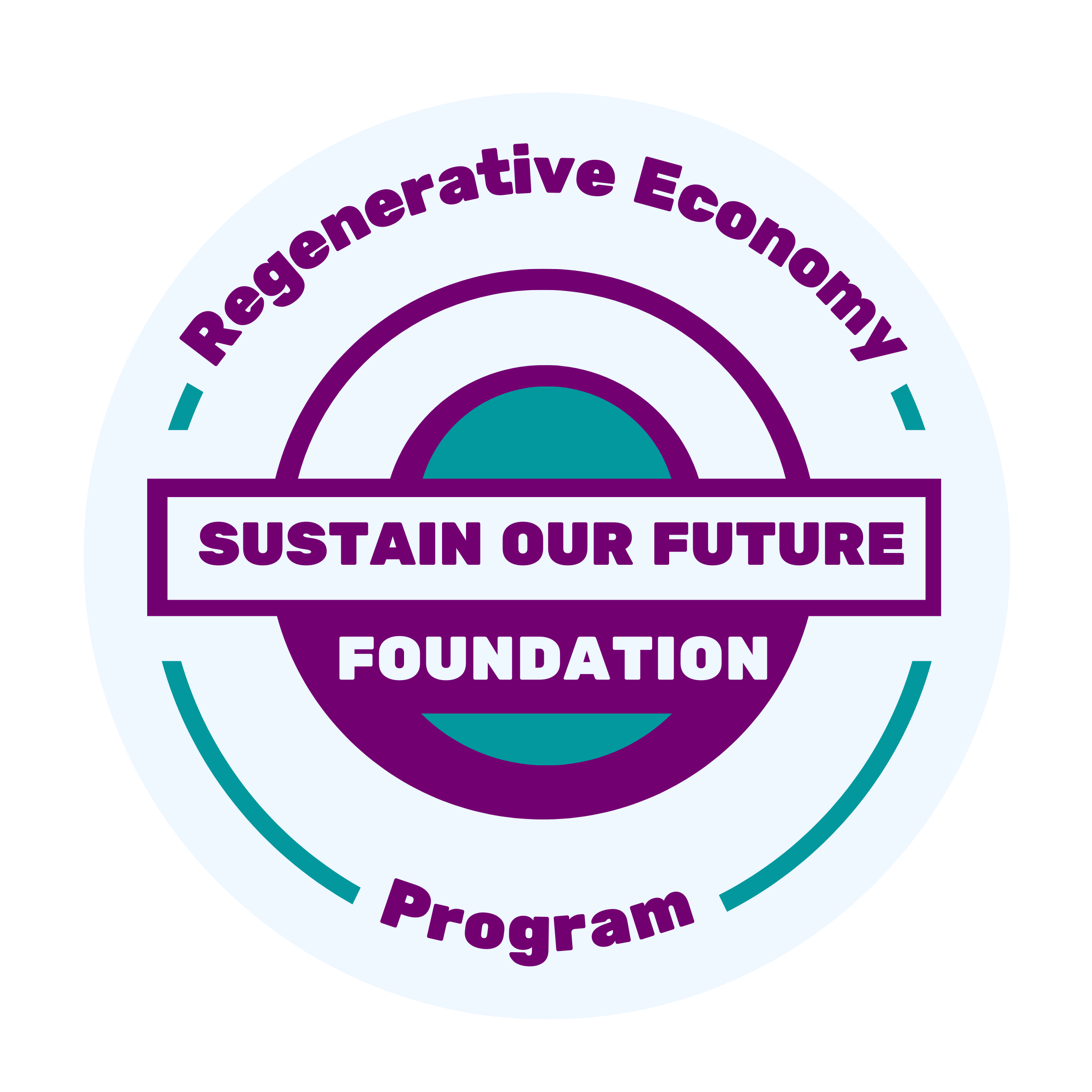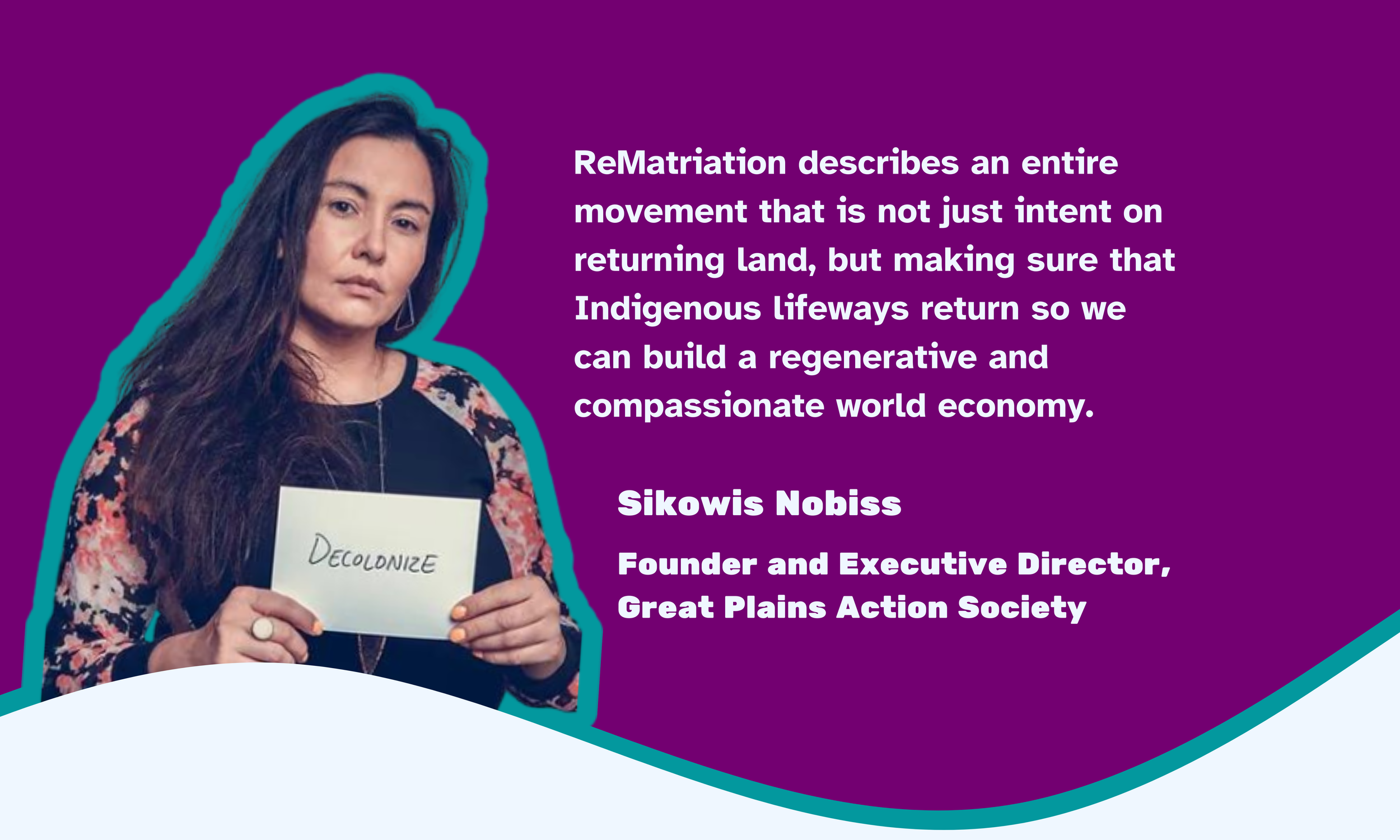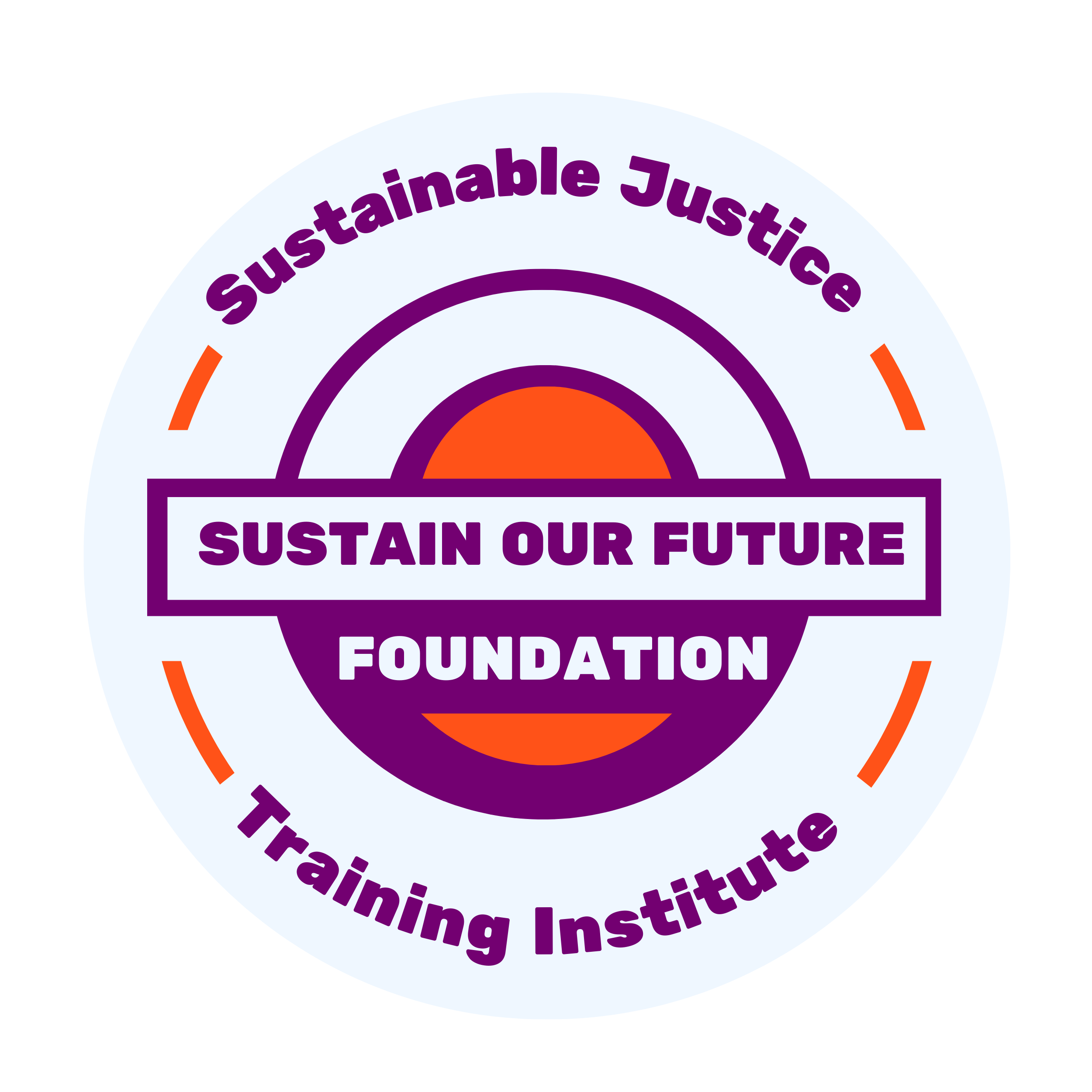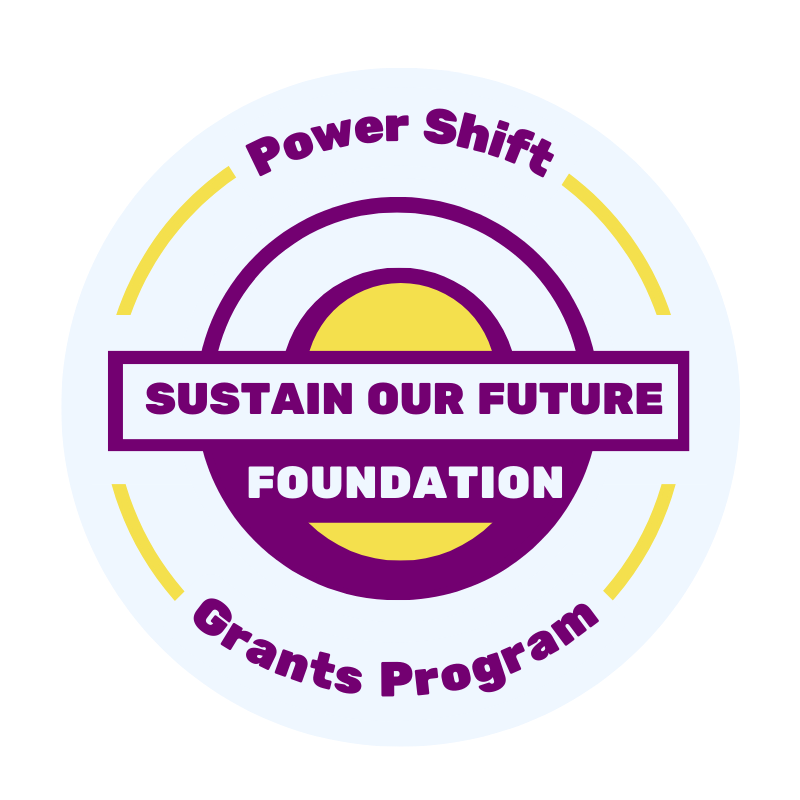Reparative Land Collective
The Reparative Land Collective is a collective of Black, Indigenous, and other land stewards of color implementing ecosystem restoration strategies.
The collective’s strategies work to achieve Land ReMatriation and remove carbon from the atmosphere across their collective agricultural lands.
Meet the Reparative Land Collective Advisory Board
-
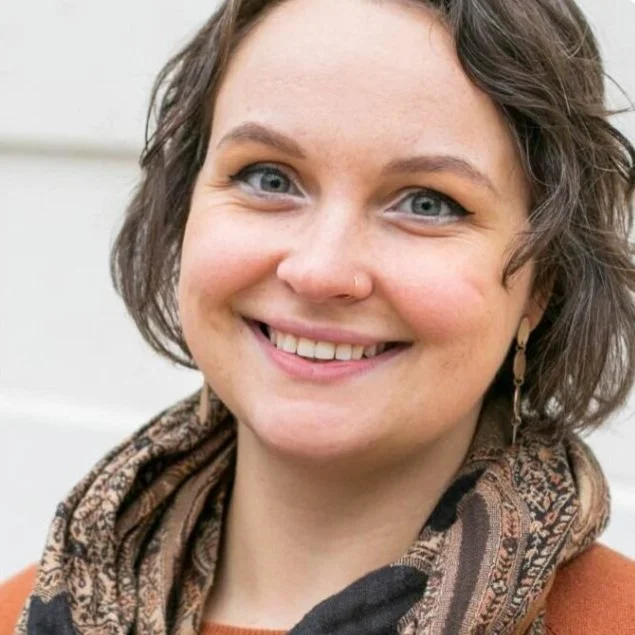
Devon Brock-Montgomery (She/Her)
Savanna Institute
At Savanna Institute, Devon supports collaboration and partnership building across Savanna Institute’s programs. As well as working to build relationships and develop projects within the Midwest, she supports the Agroforestry Coalition nationally and manages Tribal engagement with Tribal farms, producers, and governments. As a member of the Reparative Land Collective’s Advisory Board, Devon brings research and technical service for land stewards hoping to use and scale agroecological practices. A graduate of Northland College, she managed climate change research for the Bad River Tribe and has worked in assessing long-term forest health in eight states with the National Park Service.
-
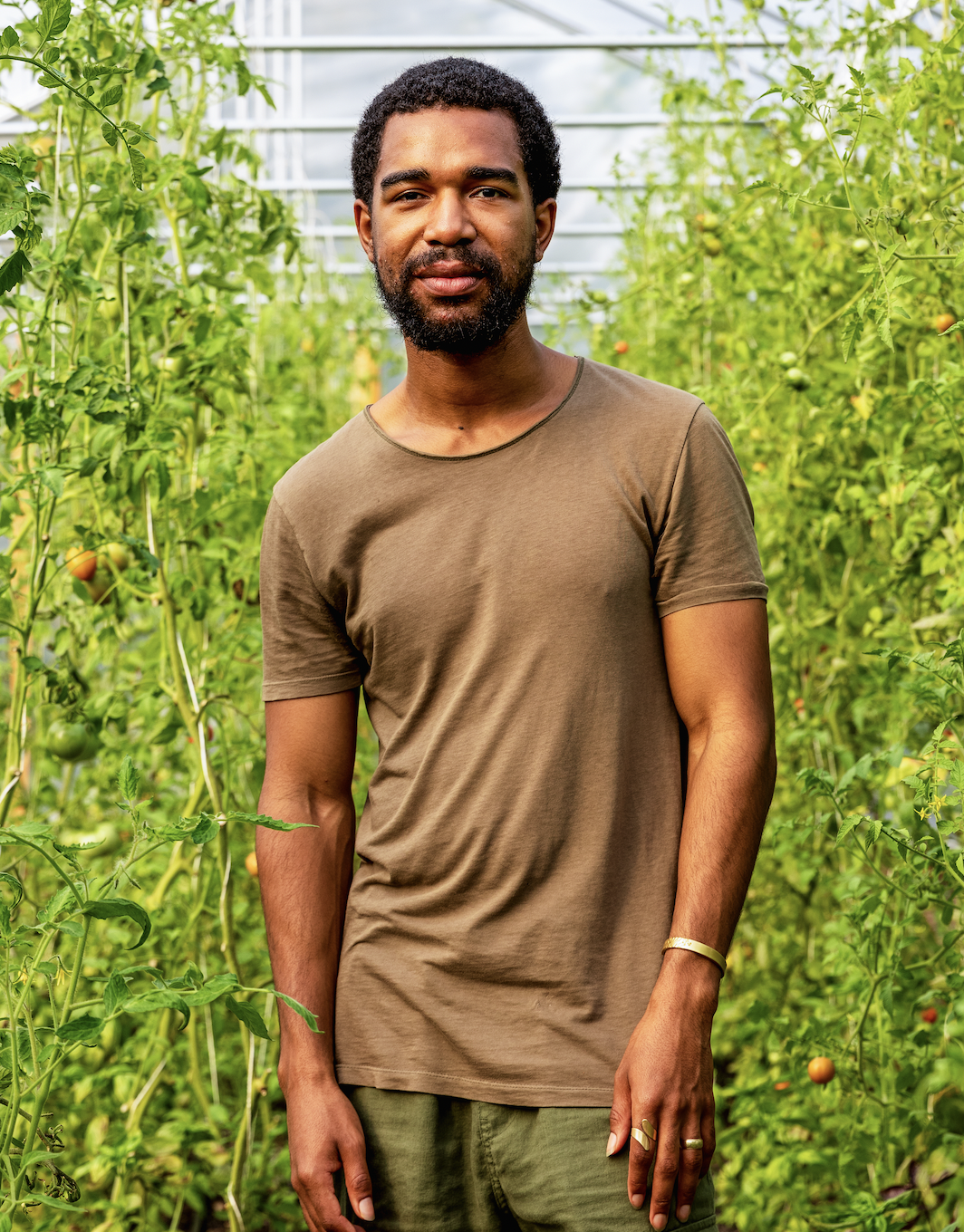
jøn kent (He/Him)
Sanctuary Farms
At Sanctuary Farms, jøn's principal aim is to be of help. He works to close the food loop by collecting food waste to create nutritious compost and in turn uses that compost to cultivate organic produce. As a member of Reparative Land Collective’s Advisory Board, jøn brings expertise in achieving food sovereignty and healing nature-scapes for historically disadvantaged communities. jøn is currently pursuing an Master's in Urban and Regional Planning at the University of Michigan as a Transformative Food Systems (TFS) Fellow and Sustainability Fellow. He also sits on the City of Detroit’s Detroit Waste Diversion Advisory Committee (DWDAC).
-
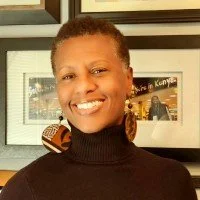
Kenya Crumel (She/Her)
National Black Food and Justice Alliance
At the National Black Food and Justice Alliance, Kenya manages a coalition of Black-led food justice organizations and farmers working collectively towards Black food sovereignty and land justice. Working in partnership to remove 15 million acres of land from the speculative market, Kenya along with a council of seven NBFJA members, piloted the Resource Commons in 2023 to provide non-extractive capital to Black farmers to secure land and equipment or build infrastructure. As a member of the Reparative Land Collective’s Advisory Board, Kenya brings expertise on developing Black leadership, supporting Black communities, organizing for Black self-determination, and building institutions for Black food sovereignty and liberation. Prior to joining NBFJA in January 2021, Kenya spent twenty-five years working in the community development field implementing and managing programs that build the capacity of community-based organizations.
-
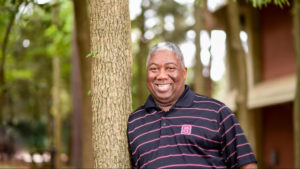
Sam Cook (He/Him)
Sustainable Forestry for African American Land Retention
At Forest Assets and the Natural Resources Foundation Board, Sam Cook has made his mark on multiple aspects of forestry during his 40-year-plus esteemed career, playing an integral role in developing and implementing systems of equitable support that allow natural resources partners, forest, and other land owners of all income levels to increase their forest sustainability and income through sustainable forestry programming. As a member of the Reparative Land Collective’s Advisory Board, Sam brings expertise on equitable forestry carbon development, Black land retention and heirs property engagement, and climate-smart forest management and conservation to the organization. In 2021, he was inducted into the World Forestry Center’s Forestry Leadership Hall and presented the Distinguished Alumni Award by the NC State University College of Natural Resources.
-
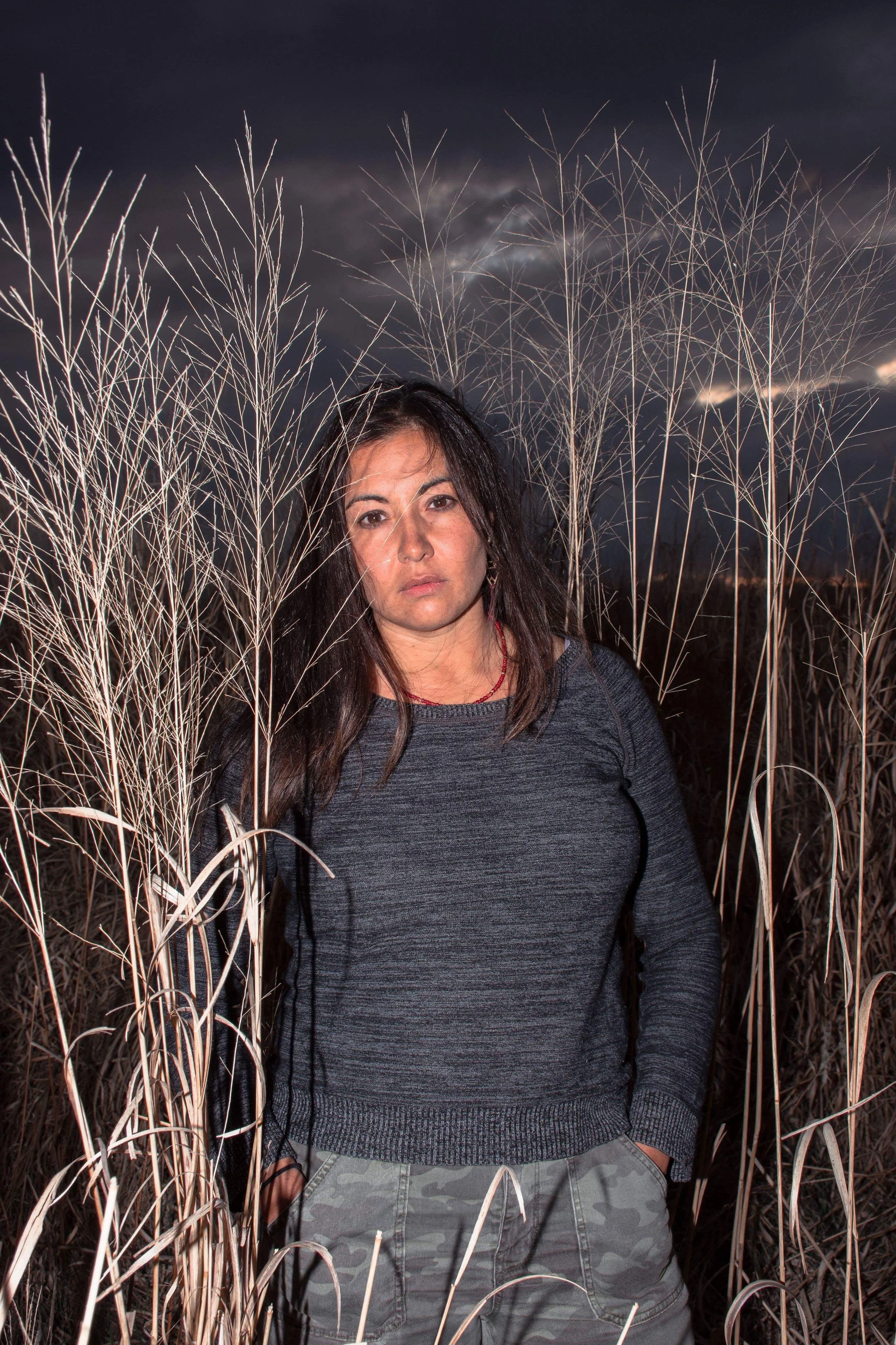
Sikowis Nobiss (She/Her)
Great Plains Action Society
At Great Plains Action Society (GPAS), Sikowis focuses on addressing the trauma Indigenous Peoples and our Earth have faced and works to prevent further colonial-capitalist violence through education, direct action, cultural revival, mutual aid, and political change. As a member of the Regenerative Land Collective’s Advisory Board, Sikowis brings expertise on ReMatriation and grassroots Indigenous organizing to the organization. Sikowis Nobiss has an undergraduate BA in Religious Studie from the University of St.Thomas in Fredericton, New Brunswick, Canada. She also has a Masters degree in Religious Studies as well as a graduate minor in Native American Indian Studies from the University of Iowa in Iowa City, IA, USA. She is the founder and Executive Director of Great Plains Action Society.
-
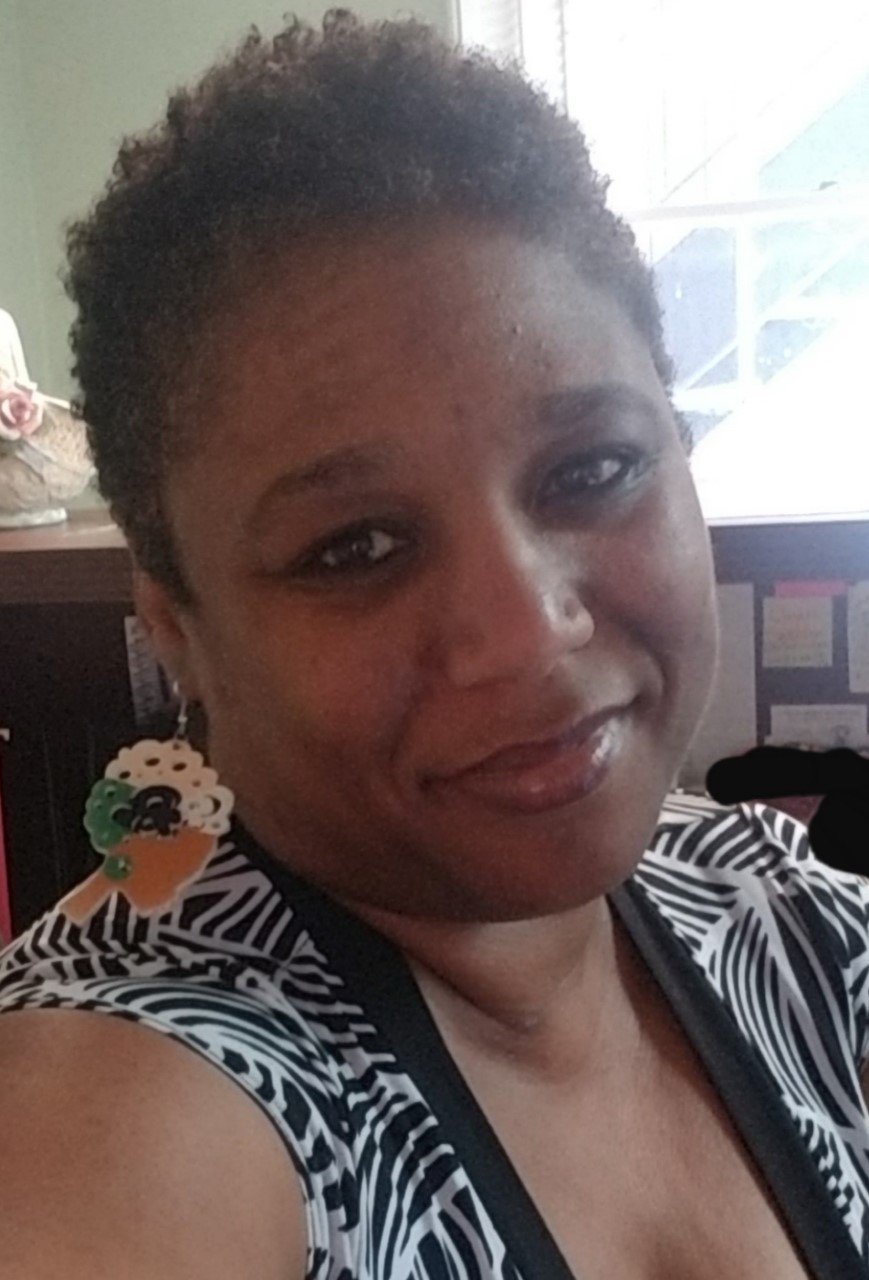
Sharon Piggs (She/Her)
Center for Heirs Property Preservation
At the Center for Heirs' Property Preservation, Sharon Piggs focuses on helping families keep their land, build generational wealth, and create "working" landscapes. As a member of the Reparative Land Collective’s Advisory Board, Sharon brings expertise on heirs' property to the organization. Sharon Piggs has an Associate's of Science degree in Paralegal Studies from Centura College.
-
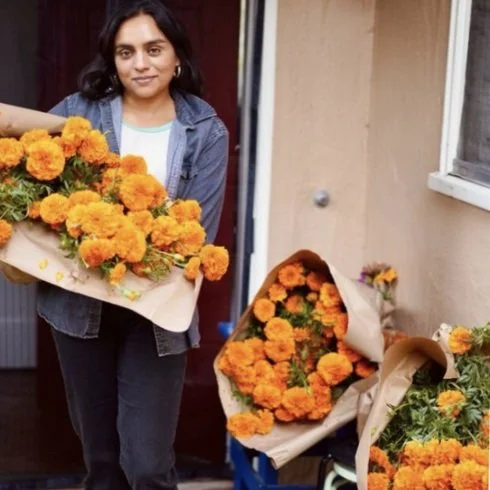
Janaki Anagha (she/her)
11th Hour’s Food and Agriculture Program
Janaki Anagha is a Program Manager with 11th Hour’s Food and Agriculture Program. She previously directed advocacy for Community Water Center, using technical and legal solutions to achieve safe drinking water for farmworker communities across the San Joaquin Valley and Central Coast of California. She has worked at California Rural Legal Assistance, Inc. in Fresno, enforcing environmental justice and worker protections such as access to clean drinking water for unincorporated communities, and assisted in the creation of Community Alliance for Agroecology, based in Delano. Janaki is a founding member of the California Farmer Justice Collaborative and has farmed in diversified and orchard crops across the state. Janaki holds a J.D. from UC Davis School of Law and a B.S. in International Agricultural Development from UC Davis.


